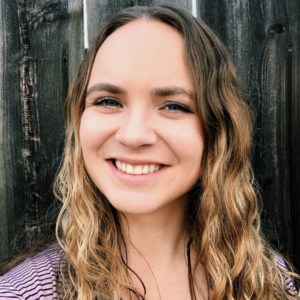Summary
Oftentimes companies rely on recruiting agencies to handle finding participants for their research. While there are some advantages to this approach, and cases where outsourcing is the best option, nowadays bringing research in-house can be simple, flexible, cost-effective, and fast. Learn more about how and why to bring your recruiting in-house.
Key Insights
-
•
Recruitment agencies typically require a two-week quoting and setup process before starting data collection.
-
•
User Interviews allows immediate project launch with a median first participant arrival time of just three hours.
-
•
Researchers gain full transparency on who applied, qualified, and confirmed directly via a dashboard with User Interviews.
-
•
User Interviews includes built-in fraud detection to prevent professional testers and scammers from skewing data.
-
•
Recruitment fees via agencies can range from $100 to $400 per participant plus administration fees; User Interviews fees range from $40 to $80 without upfront costs.
-
•
User Interviews enables direct messaging with participants throughout the recruitment and study process, reducing no-shows and enhancing troubleshooting.
-
•
Researchers can flex screening criteria on participants in real-time within User Interviews when necessary.
-
•
Scheduling integrates with Google and Outlook calendars, allowing researchers to set availability and avoid double bookings.
-
•
User Interviews supports various study types: 1-on-1 interviews, focus groups, diary studies, moderated and unmoderated research.
-
•
Pilot studies are recommended and easy to conduct on User Interviews to test screener questions and study protocols before full launch.
Notable Quotes
"When working with an agency, the quoting process takes about two weeks before recruitment even starts."
"With User Interviews, you can launch a project immediately and get your first qualified participant as fast as three hours."
"You get a dashboard that shows who applied, who qualified, and even who didn’t qualify—all in real time."
"Professional testers are very crafty; one even changed her name repeatedly to get recruited multiple times."
"You only pay for successfully completed sessions on User Interviews—no upfront cost, no fees for no-shows or cancellations."
"I message participants regularly during studies to reduce no-shows and troubleshoot any issues immediately."
"If I forgot a critical screener question, I just messaged all qualified participants to confirm they meet the criteria before approval."
"Scheduling syncs with your Google or Outlook calendar so you only book participants at times that work for you."
"User Interviews offers multi-country recruitment at the same price, supporting Canada, UK, Germany, Australia, and South Africa."
"Pilot studies are a must; I always run a pilot session the day before full launch to refine my discussion guide."
Or choose a question:




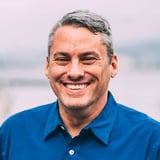


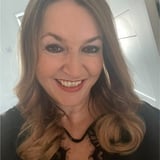



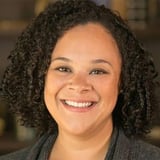
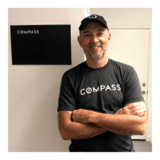



More Videos

"Frequent, bite-sized training is crucial so staff actually remember how to support customers with disabilities."
Sam ProulxOnline Shopping: Designing an Accessible Experience
June 7, 2023

"We built a career path to make evaluations as fair and consistent as possible across roles."
Ignacio MartinezFair and Effective Designer Evaluation
September 25, 2024

"Stakeholders saw design as a slow-moving black box — exactly what we were trying to move away from."
Sarah Kinkade Mariana Ortiz-ReyesDesign Management Models in the Face of Transformation
June 8, 2022

"The Shaker village sidewalks followed people’s natural inclinations, not forcing unnatural movement."
Daniel GloydWarming the User Experience: Lessons from America's first and most radical human-centered designers
May 9, 2024

"We spend millions on content that nobody wanted and that didn’t actually help people navigate their lives."
Patrick BoehlerFishing for Real Needs: Reimagining Journalism Needs with AI
June 10, 2025

"Anyone can do a basic AI summary with zero control, but we offer robust, evidence-backed, scalable chat analysis."
Andy Barraclough Betsy NelsonFrom Costly Complexity to Efficient Insights: Why UX Teams Are Switching To Voxpopme
September 23, 2024

"Policy is ideally driven by values, while UX in the private sector is driven by delight and profit."
Alexandra SchmidtWhy Ethics Can't Save Tech
November 18, 2022

"A lot of DevOps is about empathy — doing our piece but thinking about the larger connection."
Louis RosenfeldDiscussion: What Operations can teach DesignOps
November 6, 2017

"Previously, IBM designers were inventing their own buttons for every product, which exasperated chaos and inconsistency."
Mitchell BernsteinOrganizing Chaos: How IBM is Defining Design Systems with Sketch for an Ever-Changing AI Landscape
September 29, 2021
Latest Books All books
Dig deeper with the Rosenbot
What role does leadership buy-in play in creating a culture that supports inclusive service design operations?
How can public sector funders shift their innovation investments to align better with strategic priorities?
How might deceptive patterns explain the privacy paradox where users say they value privacy but behave otherwise?


